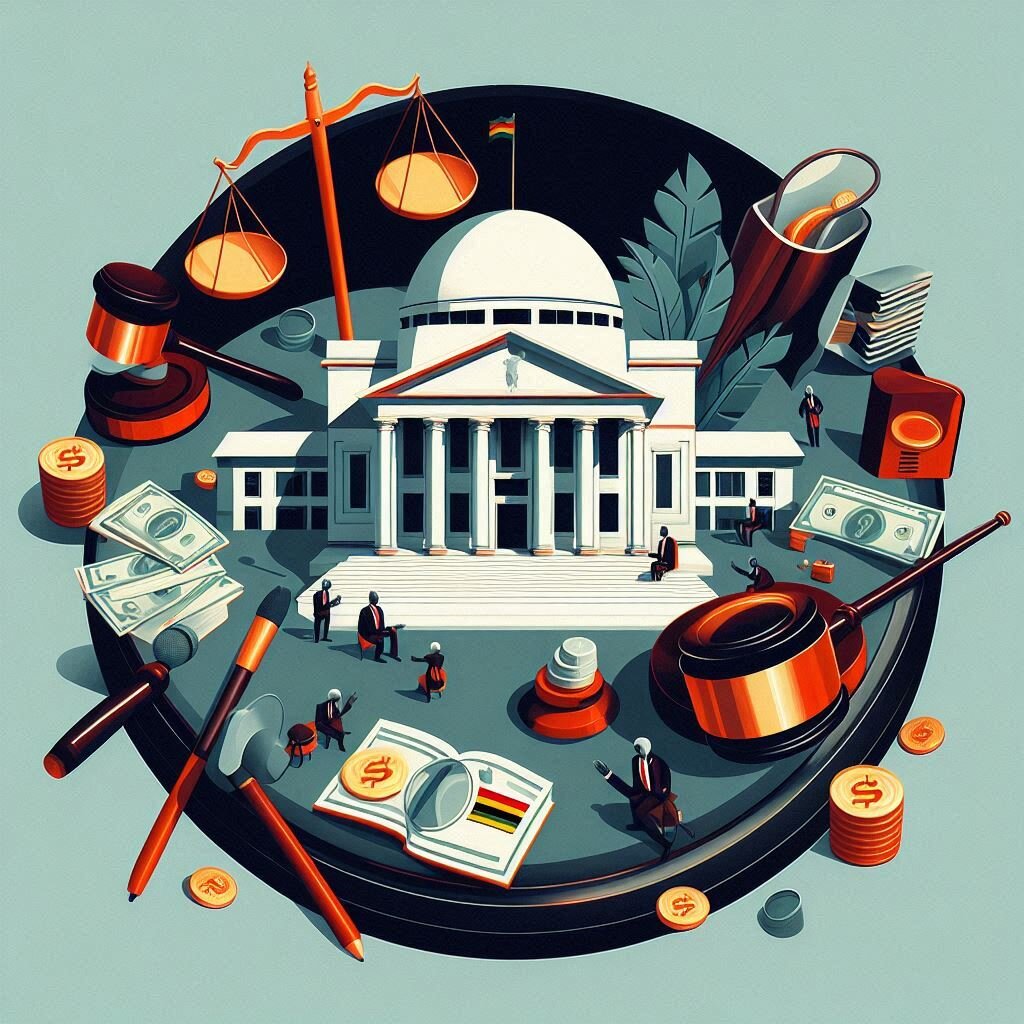Think of a world where money can freely flow, unchained from state control. This is not just a libertarian vision, it’s more of a path to financial independence, innovation and entrepreneurship in Africa. The separation of money and state could be the key to unpacking the continent’s full potential and empowering the cheetah generation to thrive in ways that were unimaginable.
In Zambia like many African countries, load shedding and corruption stifle economic growth. Young entrepreneurs, filled with ideas, often find their ambitions frustrated by bureaucratic red tape and unreliable infrastructure. But what if there was actually a way to deal with these obstacles? That is Bitcoin and blockchain technology. These decentralized systems offer a glimpse into a future where financial transactions are transparent, secure, and free from government interference.
Friedrich Hayek, the renowned economist, argued that free markets and decentralized systems allow for spontaneous order, a natural self-regulation that emerges when individuals are free to make their own decisions. This idea is at the core of financial liberation. Hayek believed that when individuals have the liberty to experiment and innovate, they contribute to the overall prosperity of society. In the context of Africa, the separation of money from state control could foster an environment where young entrepreneurs can flourish without being bogged down by government constraints.
Recent statistics highlight the urgency of this shift. According to a 2023 report, 72% of Millennials and 67% of Gen Z believe that financial independence is crucial for their happiness. Let’s go back to Africa, where a lot of people are left out by the traditional banking system. In Sub-Saharan Africa for instance, only 49% of adults have access to formal financial services. This exclusion hampers economic mobility and perpetuates poverty.
Blockchain technology offers a decentralized and accessible financial infrastructure. It can empower individuals to take control of their finances. Imagine a young Zambian entrepreneur who, instead of waiting weeks for a bank loan approval, can secure funding through a peer-to-peer network on the blockchain within minutes. This speed and efficiency can catalyze innovation and drive economic growth.
Dr. Bitange Ndemo, a blockchain advocate and former Permanent Secretary in Kenya’s Ministry of Information and Communication, argues that blockchain can revolutionize Africa’s financial landscape. He notes that decentralized systems can reduce corruption by ensuring transparency and accountability in transactions. This transparency is crucial for the African continent where corruption often draws off resources that are meant for development.
Take the story of Luka Yooma, a co-founder of Linka innovations who is a young Zambian developer and struggled to get his tech startup off the ground due to the lack of funding. Traditional banks viewed his innovative ideas as too risky. But through a blockchain based crowdfunding platform, he was able to raise the necessary capital for his innovation. Luka’s success story is a testament to the true potential of decentralized finance to bring new opportunities.
The impact of financial independence extends beyond just individual success stories. It fosters a culture of entrepreneurship and innovation. When people are free to pursue their ideas without bureaucratic hurdles, they are more likely to take risks and create new businesses. This entrepreneurial spirit can drive economic growth and create jobs, addressing the high unemployment rates that plague many African countries.
Moreover, financial liberation can also contribute to digital freedom and human rights. In many African countries, governments use financial control as a tool of oppression. By cutting off access to banking services, they can silence protests and suppress opposition. Decentralized financial systems can overcome these tactics, providing a way for activists and dissidents. This aspect of financial liberation aligns with the broader goals of human rights and economic liberty.
Critics argue that the separation of money and state could lead to instability. They fear that without government oversight, financial systems could become chaotic and prone to abuse. However, this perspective overlooks the potential for self-regulation within decentralized networks. Blockchain technology, for instance, relies on consensus mechanisms that ensure the integrity of transactions. These mechanisms can provide a robust framework for financial stability without the need for state intervention.
The road to financial liberation is not without challenges. Regulatory stumbling blocks, technological drawbacks and public skepticism must be addressed. However, the potential benefits far outweigh these obstacles. By embracing decentralized financial systems, Africa can leapfrog traditional banking models and create a more inclusive and dynamic economy.
In conclusion, the separation of money and state offers a powerful vision for Africa’s future. It promises to empower the next generation by fostering innovation, entrepreneurship, and freedom. As we navigate the complexities of this transition, we must remain focused on the ultimate goal: a financially liberated Africa where every individual has the opportunity to thrive. Financial liberation is not just a dream, it’s a necessity for the next generation.
This piece solely expresses the opinion of the author and not necessarily the organisation as a whole. Students For Liberty is committed to facilitating a broad dialogue for liberty, representing a variety of opinions. If you’re interested in presenting your perspective on this blog, click here to send us your own piece submission!
